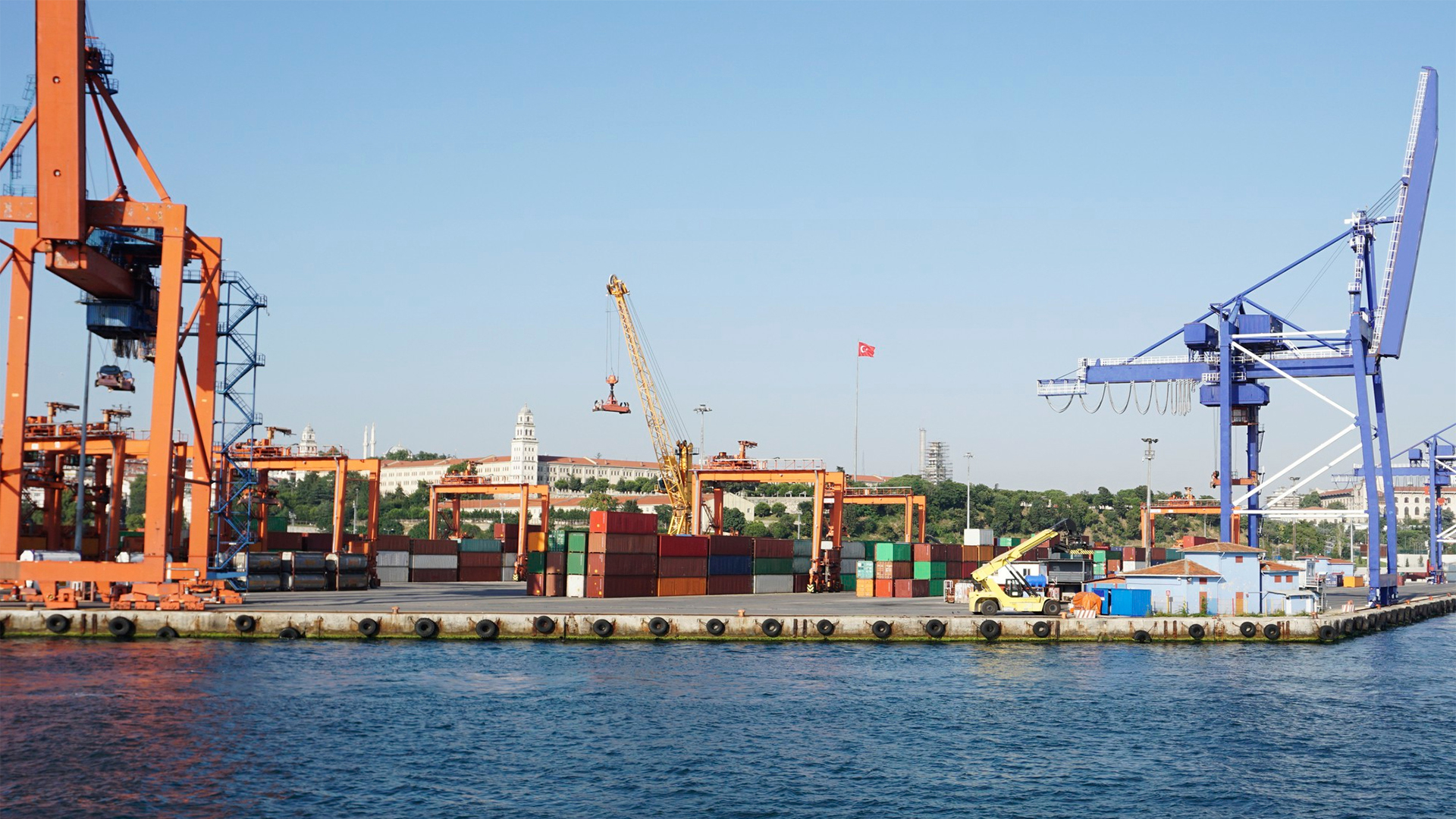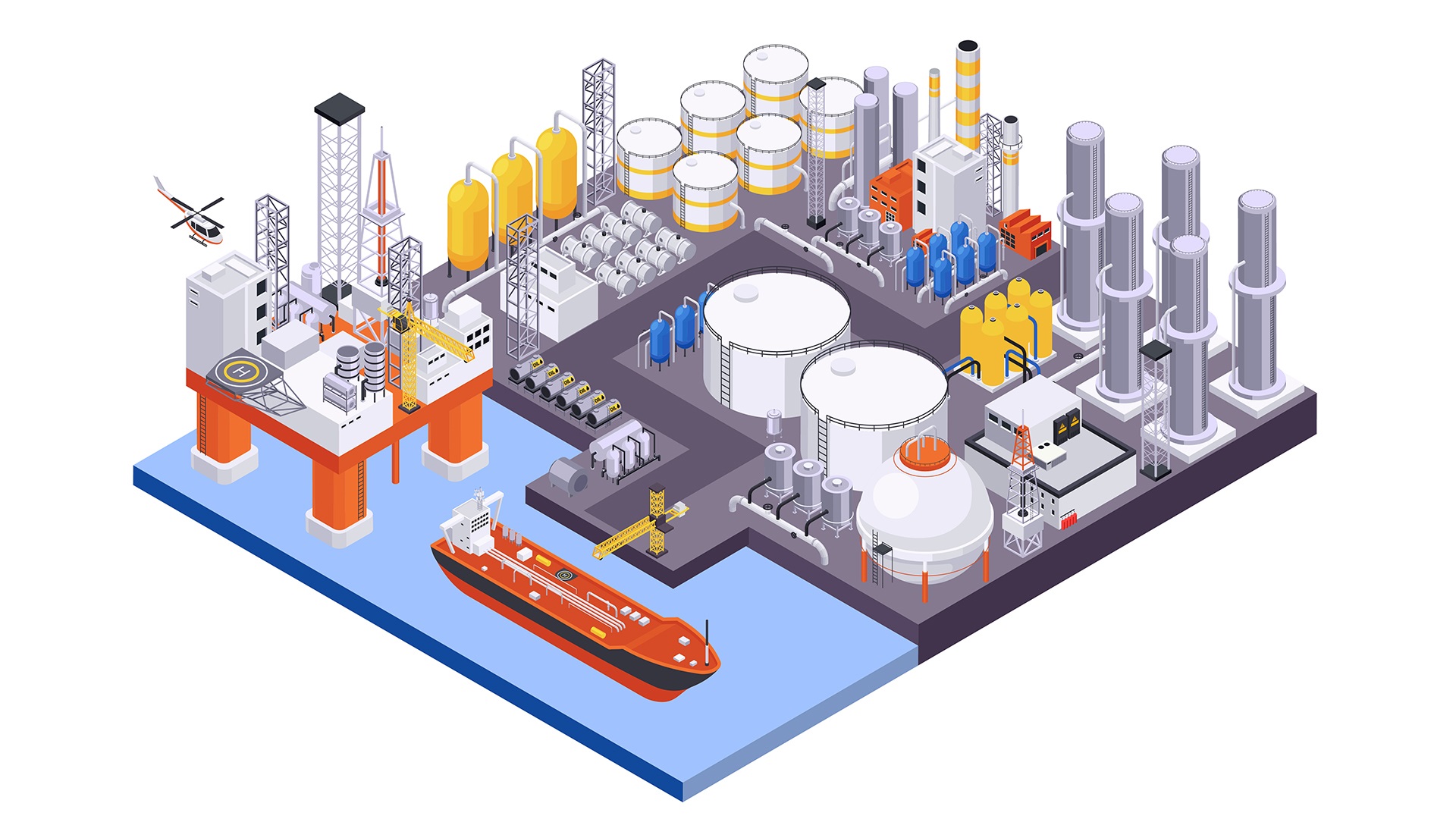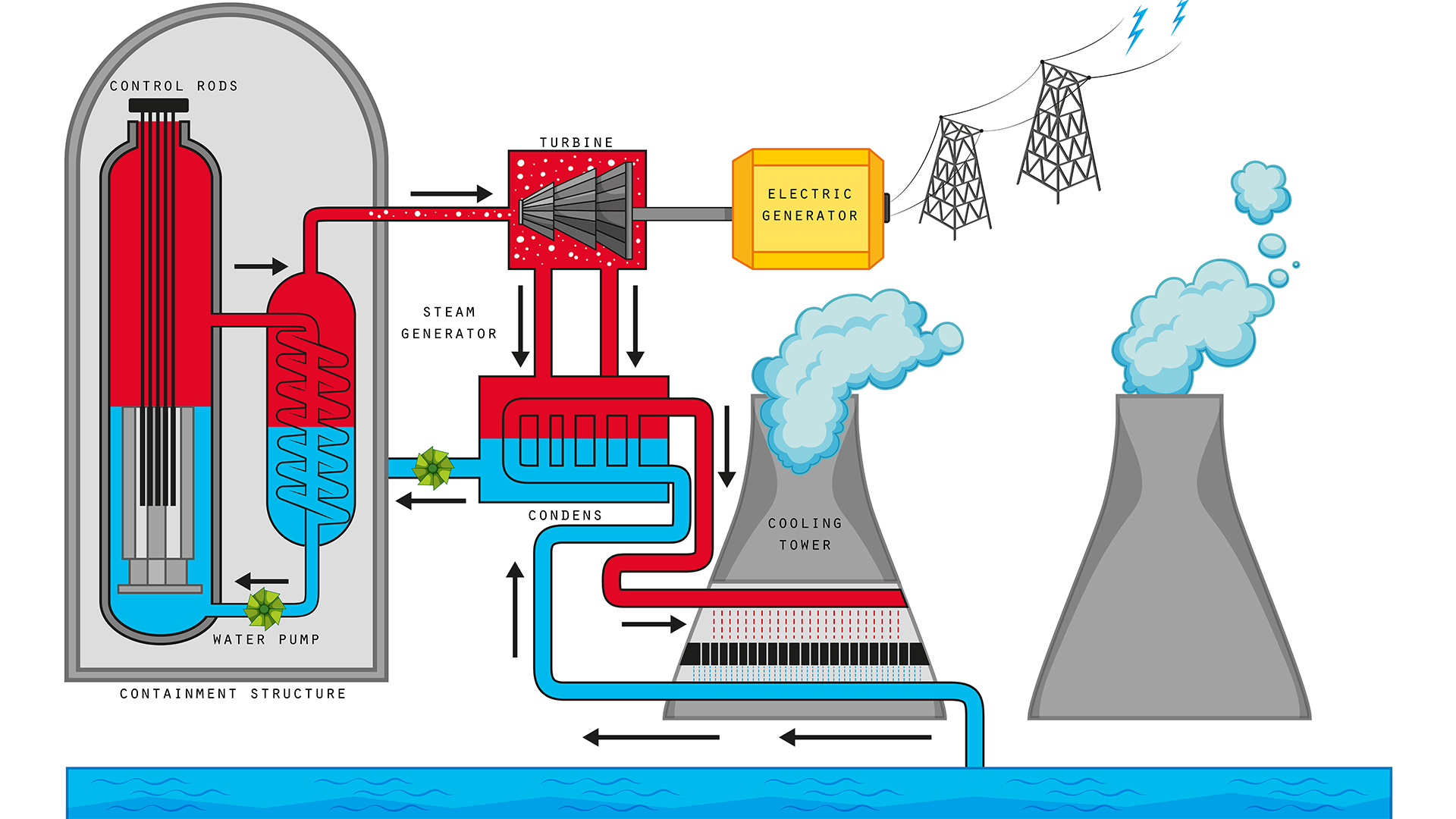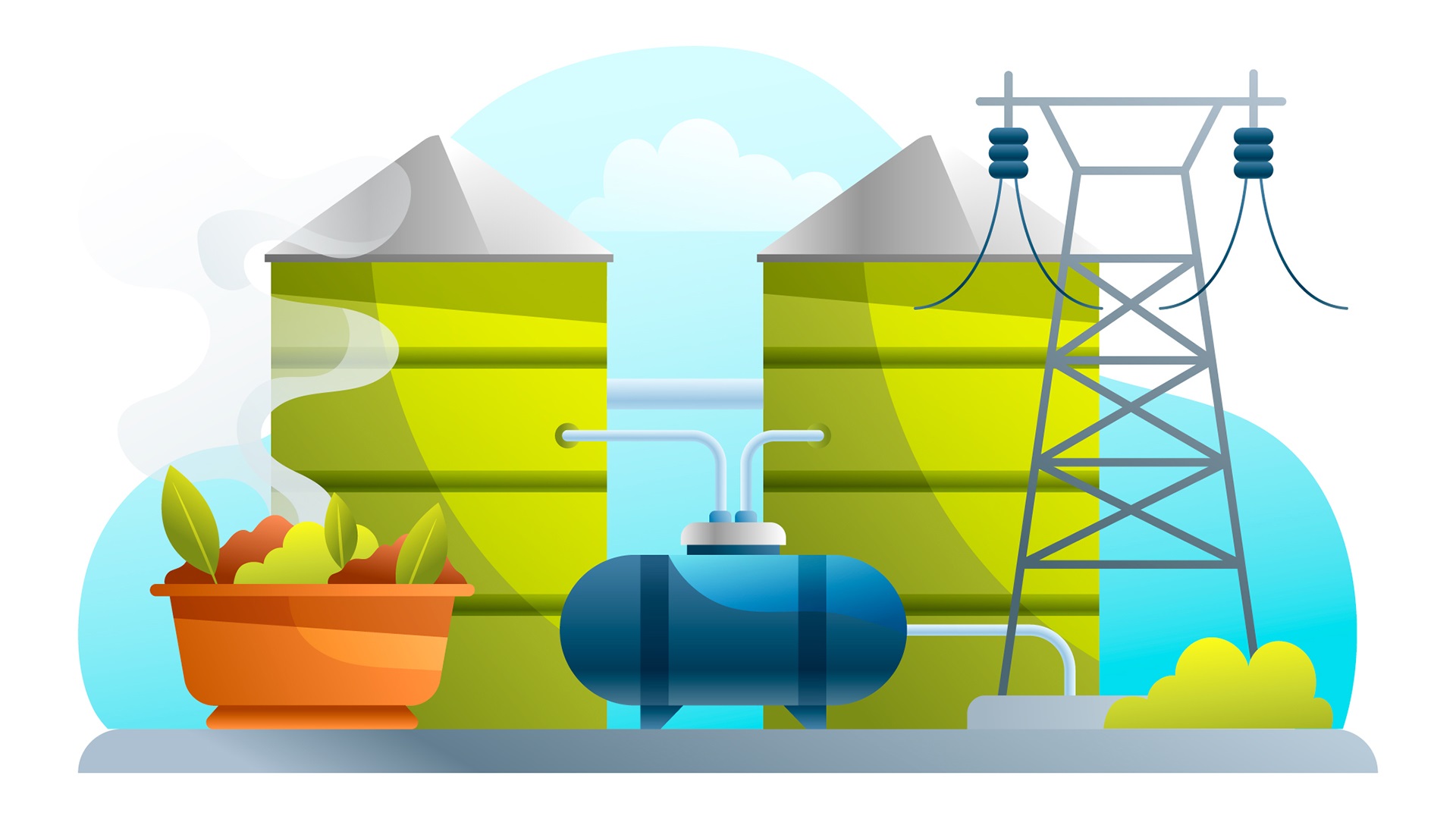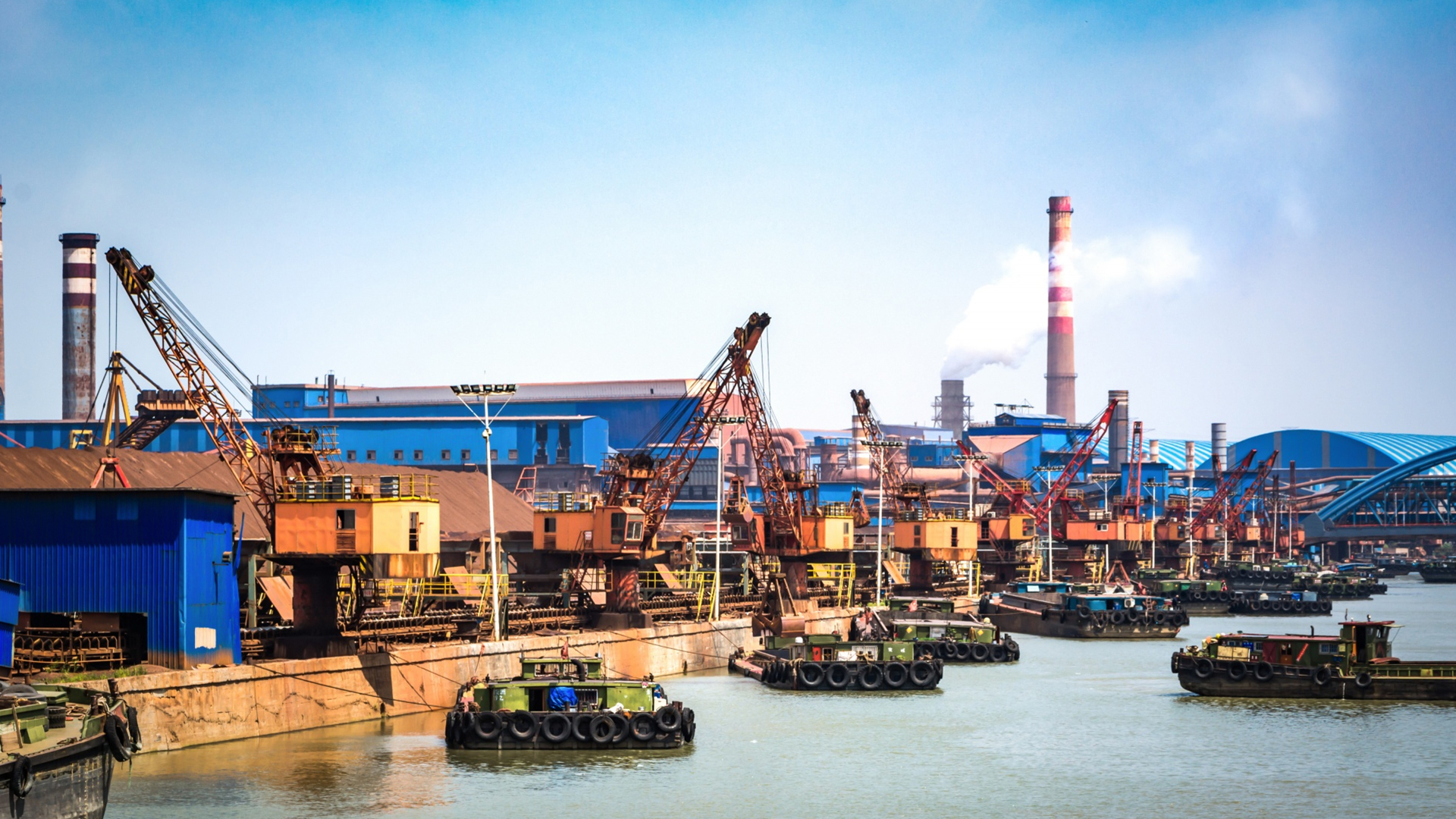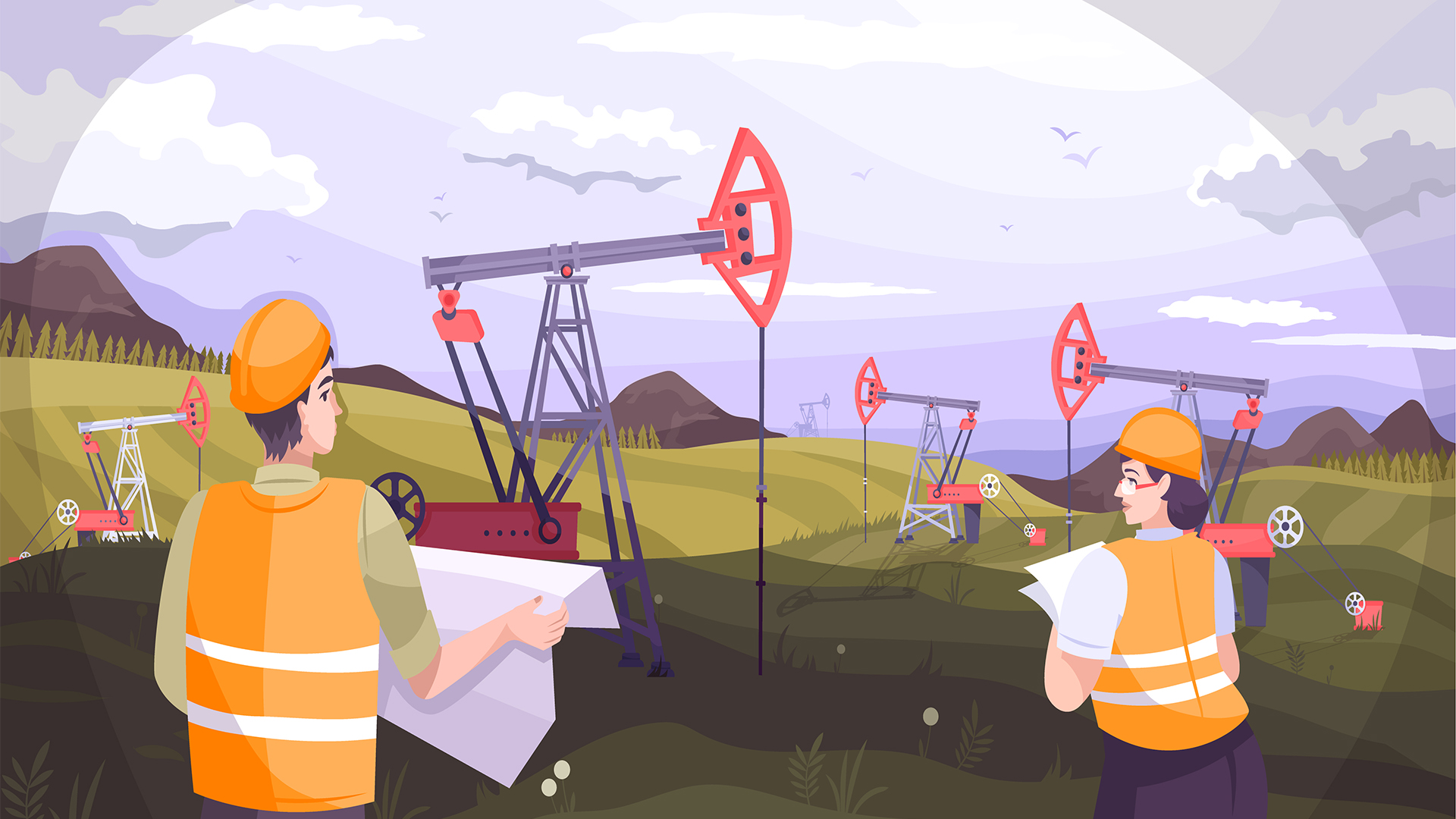
Gas Chain Hacking Beginner To Advanced
Course overview
A comprehensive and specialized program called “The Gas Chain Concept Advanced Certification Course” was created for professionals looking to gain a thorough understanding of innovative ideas in the gas supply chain. This course seeks to provide participants with the competence necessary to succeed in the intricate and dynamic sector of gas supply chains by building on core knowledge.
Participants will be awarded a distinguished certification for successfully completing “The Gas Chain Concept Advanced Certification Course,” attesting to their knowledge of sophisticated gas supply chain concepts. Their experience is validated by this qualification, which places them in a position to make significant contributions to the gas business.
This advanced certification course provides the knowledge, insights, and tools required to negotiate the complexity of the contemporary gas supply chain, whether you are an experienced professional looking to improve your skills or a newbie hoping to acquire a competitive edge in the market. Discover, innovate, and grow with us as we explore “The Gas Chain Concept Advanced Certification Course.”
Introduction
Welcome to the immersive and thorough “The Gas Chain Concept Advanced Certification Course,” a program created to improve your knowledge of the complex world of gas supply chains. This course explores advanced concepts, methods, and technologies that propel the gas business forward in a rapidly evolving energy landscape by building on your prior expertise.
The complexities inside the gas supply chain increase along with the continued growth in the world’s energy consumption. This course is designed for people like you who want to learn more about the nuances of gas production, transportation, distribution, market dynamics, and other related topics.
We are The Training Bee, a global training and education firm providing services in many countries. We are specialized in capacity building and talent development solutions for individuals and organizations, with our highly customized programs and training sessions.
As you go through this course, you will receive mentoring from peers, experts, and industry executives who share your passion for understanding the intricacies of the gas supply chain. Together, we will cultivate an interactive learning setting that promotes discussion, critical thinking, and networking possibilities.
Participants will emerge from this certification course as a skilled practitioner in the gas supply chain as well as a visionary with the ability to guide the sector towards a future that is more robust and sustainable.
Learning Objectives
Upon completing The Gas Chain Concept course, participants will be able to:
- Explore in depth more complex subjects that cover the full gas supply chain. You will obtain a comprehensive understanding of each phase and its effects, from the extraction of gas reserves to its distribution to final users.
- Emerging Technologies: Learn about the most recent developments that are altering the gas sector. Learn how supply chains are being optimized, safety is being improved, and sustainability is being driven by IoT, block chain, artificial intelligence, and predictive analytics.
- Gain market insights to help you navigate the complex dynamics and pricing of the petrol market. Recognize the effects of environmental issues, regulatory changes, and geopolitical events on the gas industry’s finances.
- Investigate the world of environmentally responsible behavior and sustainable practices. Learn how the industry is responding to the rising need for cleaner energy solutions by exploring the integration of renewable and low-carbon gases.
- Prepare yourself with techniques to foresee, manage, and recover from supply chain interruptions by reading Crisis Management and Resilience. Learn how to maintain corporate operations while reducing the impact of unforeseen circumstances.
- Future Perspective: Acquire insight into the trends and technologies that will shape the gas business in the future. Examine how hydrogen and other new gases fit into the energy mix and project the future of the sector.
Our Unique Training Methodology
This interactive course comprises the following training methods:
- Journaling – This consists of setting a timer and letting your thoughts flow, unedited and unscripted recording events, ideas, and thoughts over a while, related to the topic.
- Social learning – Information and expertise exchanged amongst peers via computer-based technologies and interactive conversations including Blogging, instant messaging, and forums for debate in groups.
- Project-based learning
- Mind mapping and brainstorming – A session will be carried out between participants to uncover unique ideas, thoughts, and opinions having a quality discussion.
- Interactive sessions – The course will use informative lectures to introduce key concepts and theories related to the topic.
- Presentations – Participants will be presented with multimedia tools such as videos and graphics to enhance learning. These will be delivered engagingly and interactively.
Training Medium
This The Gas Chain Concept course training is designed in a way that it can be delivered face-to-face and virtually.
Course Duration
This training is versatile in its delivery. The training can be delivered as a full-fledged 40-hour training program or a 15- hours crash course covering 5 hours of content each day over 3 days
Pre-course Assessment
Before you enroll in this course all we wanted to know is your exact mindset and your way of thinking.
For that, we have designed this questionnaire attached below.
- What makes up natural gas most importantly, and where does it come from?
- Give a succinct breakdown of the differences between traditional and unconventional techniques of gas extraction.
- Identify the crucial phases of the gas supply chain, starting with production and ending with distribution.
- Give the benefits of at least two subterranean gas storage technologies.
- How do gas distribution networks fit into the idea of smart grid integration?
- What steps may be taken to lessen the effects of the gas industry on environmental issues?
- Give an example of a global accord or norm that has an impact on how the gas business operates.
Course Modules
This The Gas Chain Concept course covers the following topics for understanding the essentials of the Agile Workplace:
Module 1 – Advanced Gas Production and Processing
- Thorough investigation of conventional and unconventional gas production techniques
- Modern methods for gas purification, processing, and separation
- Case studies on the difficulties and new developments in gas production
Module 2 – Advanced Gas Transportation and Storage
- Modern pipeline optimization and design
- Factors for transporting high-pressure gas
- Technologies and approaches for underground storage
- Keeping gas quality under control when in transit and storage
Module 3 – Market Dynamics and Pricing for Advanced Gas
- Advanced research on the dynamics and trends of the gas market
- Models of petrol pricing and the factors that affect it
- Risk management and trading strategies for gas
- Geopolitics’ impact on petrol supply and price
Module 4 – Advanced Gas Distribution and Infrastructure
- Advanced ideas for designing gas distribution networks
- Digitalization of gas distribution and smart grid integration
- Risk assessment and safety procedures in gas distribution
- Micro grids and decentralized gas supply systems
Module 5 – Environmental and Advanced Regulatory Considerations
- Regulatory environment for gas supply chains is complex
- Environmental impact evaluation and sustainable development strategies
- Adherence to international agreements and norms
- Legal and moral issues affecting the gas business
Module 6 – Optimizing the Advanced Gas Supply Chain
- Modern optimization methods to improve supply chain effectiveness
- Predictive modeling for supply planning and demand forecasting
- Real-time surveillance and reaction techniques
- Including alternate and renewable gas sources
Module 7 – Advanced Technologies in Gas Industry
- New methods of gas distribution, transportation, and extraction
- Block chain, IoT, and AI’s role in streamlining petrol supply chains
- New technologies for detecting and preventing methane leaks
- Use of data analytics for superior operational performance
Module 8 – Resilience and advanced crisis management
- Advanced techniques for anticipating and responding to crises
- Planning scenarios for potential disruptions to gas supply chains
- Planning for business continuity and risk reduction
- Case studies on handling interruptions in the supply chain
Module 9 – Industry Trends and Outlook for Advanced Gas
- Investigating long-term patterns in the gas industry
- Hydrogen’s and other low-carbon gases’ function
- Scenarios for gas supply chains in the future in a changing energy environment
- Technological developments influencing the gas industry’s future
Post-course Assessment
Participants need to complete an assessment post-course completion so our mentors will get to know their understanding of the course. A mentor will also have interrogative conversations with participants and provide valuable feedback.
- Give a detailed explanation of the essential steps in the gas supply chain, including each step’s associated procedures.
- Give instances of both traditional and unconventional gas extraction techniques and describe their differences.
- How does the idea of smart grid integration affect gas distribution networks’ effectiveness?
- Give examples of how geopolitical variables might impact the worldwide supply and cost of petrol.
- Describe any potential effects the gas sector might have on the environment and offer solutions.
- How might the incorporation of hydrogen and other low-carbon gases improve the gas supply chain’s sustainability?
- Analyze a case study that was covered in class and discuss how the supply chain crisis was handled.
Lessons Learned
Holistic awareness of the Gas Supply Chain: Participants now have a good awareness of the interrelationships between the various stages of the gas supply chain, from production to distribution.
Integration of Advanced Technologies: The course focused on the crucial contribution of new technologies, such as AI, IoT, and data analytics, to the efficiency, dependability, and sustainability optimization of gas supply chains.
Adaptation to Changing Market Dynamics: Participants gained knowledge on how to negotiate the fluid gas market while taking into account things like geopolitical developments, legislative changes, and the increasing importance of environmental concerns.
The training emphasized the significance of sustainable practices within the gas business, emphasizing the necessity to limit environmental impacts and investigate alternatives like hydrogen.
